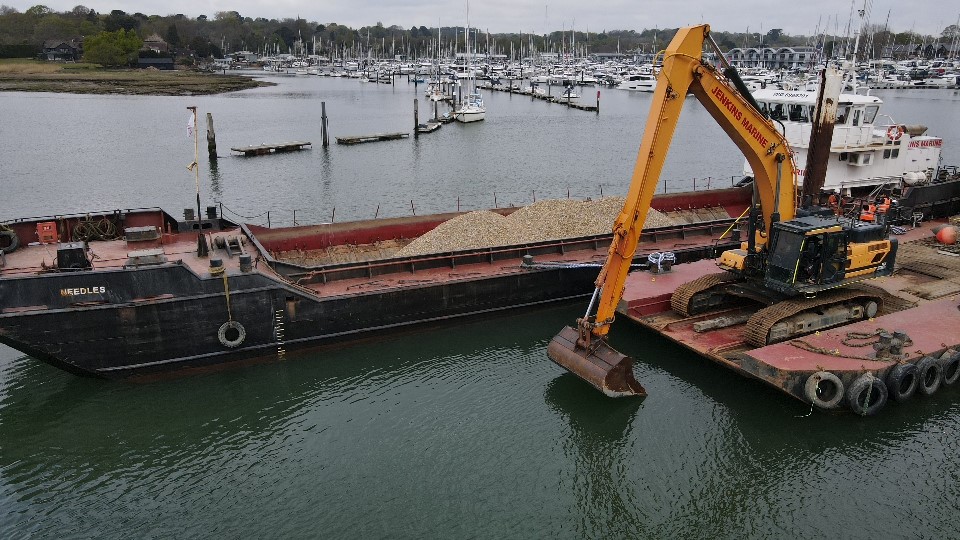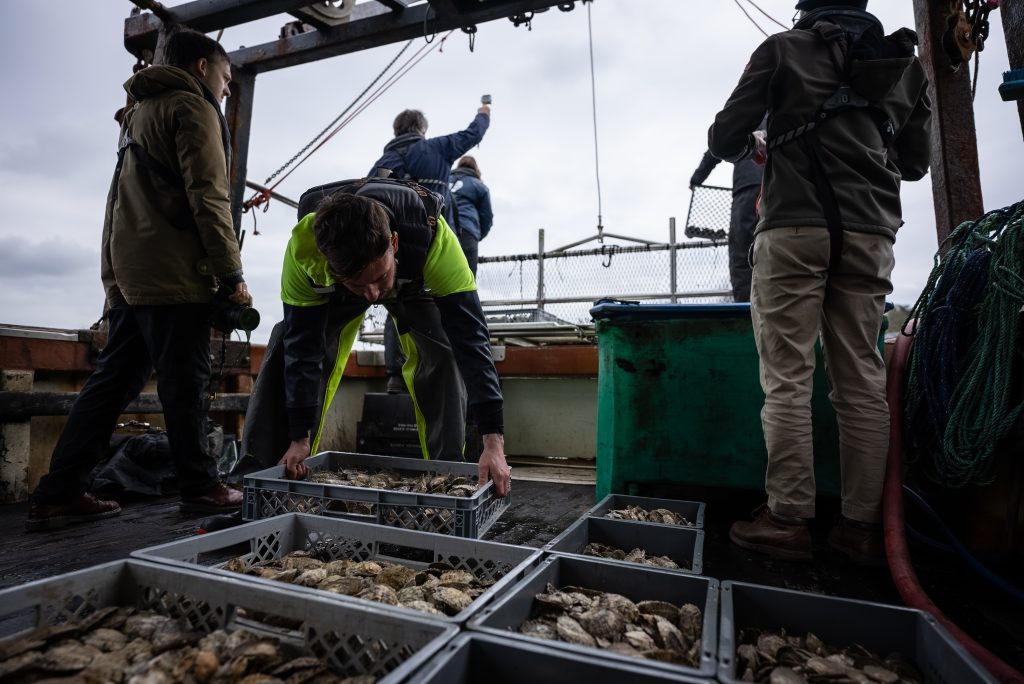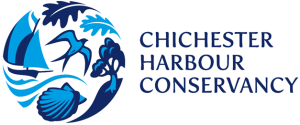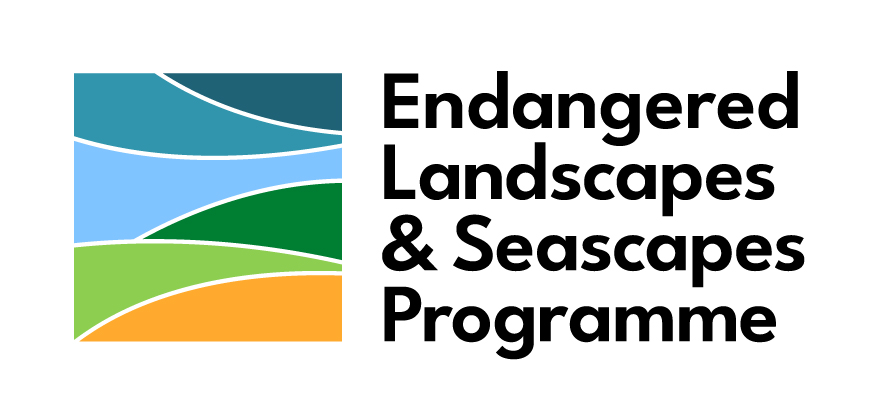In April and May this year, Blue Marine Foundation, with help from the University of Portsmouth’s Institute of Marine Sciences and over 140 volunteers, extended our reef in the River Hamble.
Adding to the work carried out in 2023, a further 0.25 hectares were created using 278 tonnes of shell and gravel “cultch” material. This creates a substrate suitable for the oysters and provides a home for them to settle on.
Then over three days in May, more than 140 volunteers helped to scrub, clean, measure, weigh and tag 10,545 oysters at the Institute of Marine Sciences. This was to ensure that nothing additional was introduced in to the environment, other than the oysters.
Finally, the oysters were transported to the River Hamble and dropped on to the new reef below.

Why did we extend the reef?
As part of the Solent Seascape Project, Blue Marine is restoring four hectares of native oyster reef, a once-thriving ecosystem and industry that has all but vanished. The new reef will support Ostrea edulis (European native oyster), a species critical for marine biodiversity and natural water filtration, which helps significantly improve water quality, provides a home for hundreds of other species and acts as a natural defence against coastal erosion.
This reef extension comes after evidence of success from the earlier work: the 0.25-hectare Phase One section of the Hamble reef is now supporting breeding oysters with increased biodiversity.





